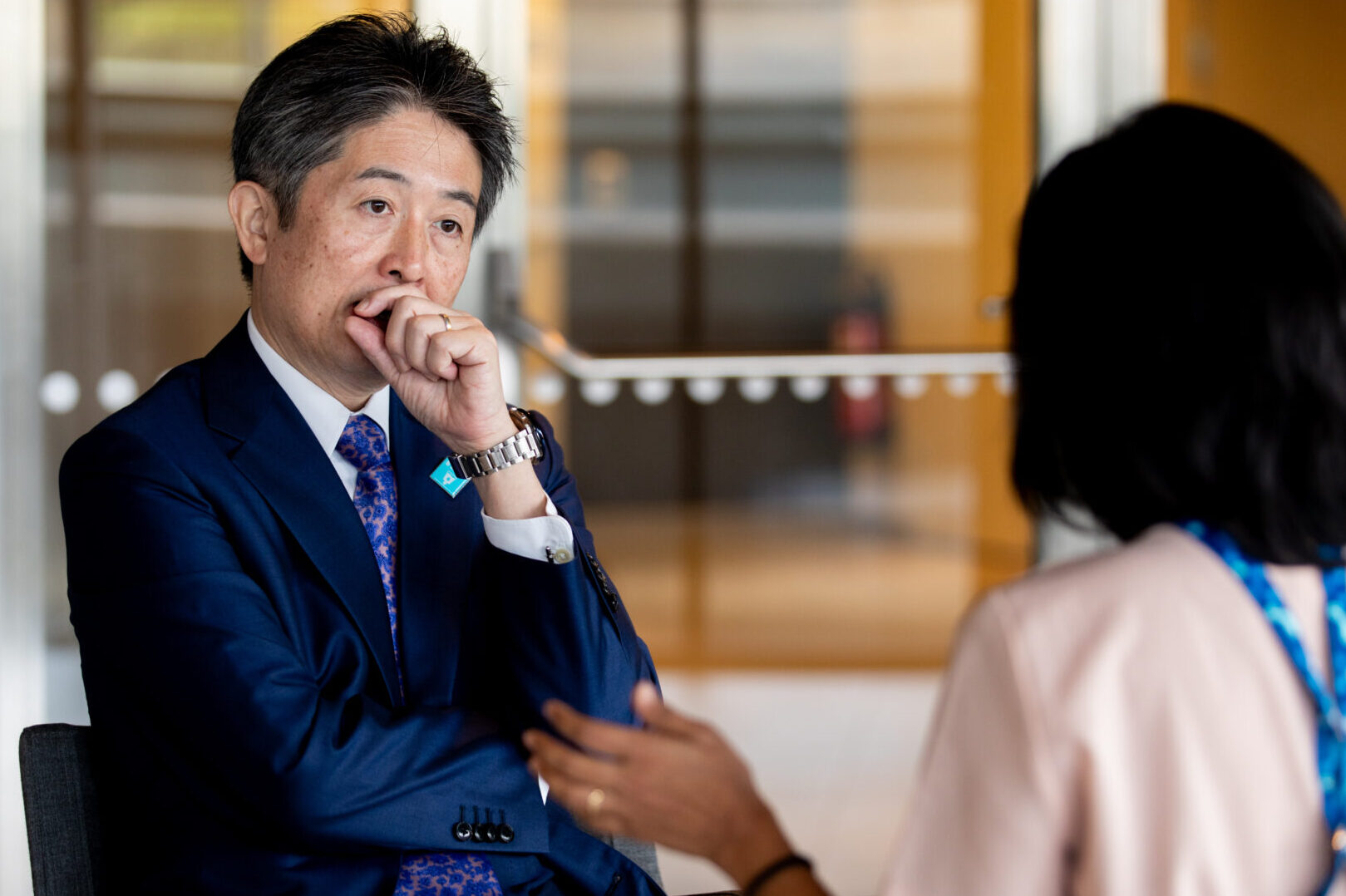Waterfront Daily caught up with Professor Taikan Oki, the 2024 Stockholm Water Prize Laureate. He found his passion for water by accident and went on to make significant contributions to climate simulation models – one of them being introducing global river flows.
In his current work, Prof. Oki finds it striking that no country is water scarce and economically poor at the same time, which means suggests that water is as critical as money to survive.
Congratulations on being awarded the Stockholm Water Prize. What does this recognition mean for you?
The recognition is a milestone for global hydrology and a testament to its evolution. I have been awarded for work that I began thirty years ago. This makes it difficult to recognize the causal relationship that my
efforts and dedication to my research have led to this reward. I like to think that that three decades ago, I must have done well. It makes me nostalgic.
It is not your first time in Stockholm. What has been your link to scientific networks and research over here in Sweden?
I am part of the Earth Commission and am a governing council member of Future Earth.
It’s also not your first time at World Water Week. What have been your impressions?
It’s my fourth attendance at World Water Week. I was here in 2002, 2003, 2019, and now in 2024. The sessions are not science-heavy but almost like TV shows about water, which is really impressive.
You developed a global river routing model called Total Runoff Integrating Pathways – TRIP system. How does the model work and what motivated you to develop it?
When I began my research journey I learned about the general circulation model (GCM), which is now referred to as the global climate model. I discovered a gap, and rivers were not included in these models. I wanted to see rivers in the climate model, so I brought in floods and droughts.
The model essentially tracks river flow from continents to the sea. Naively, most people assume that rivers flow from higher to lower ground. Our TRIP model was developed based on this assumption too. However, in reality, rivers do not flow from higher to lower points in the coarse spatial resolution digital elevation data. It took me a few months to introduce changes to the model and it was a challenge that I enjoyed.
